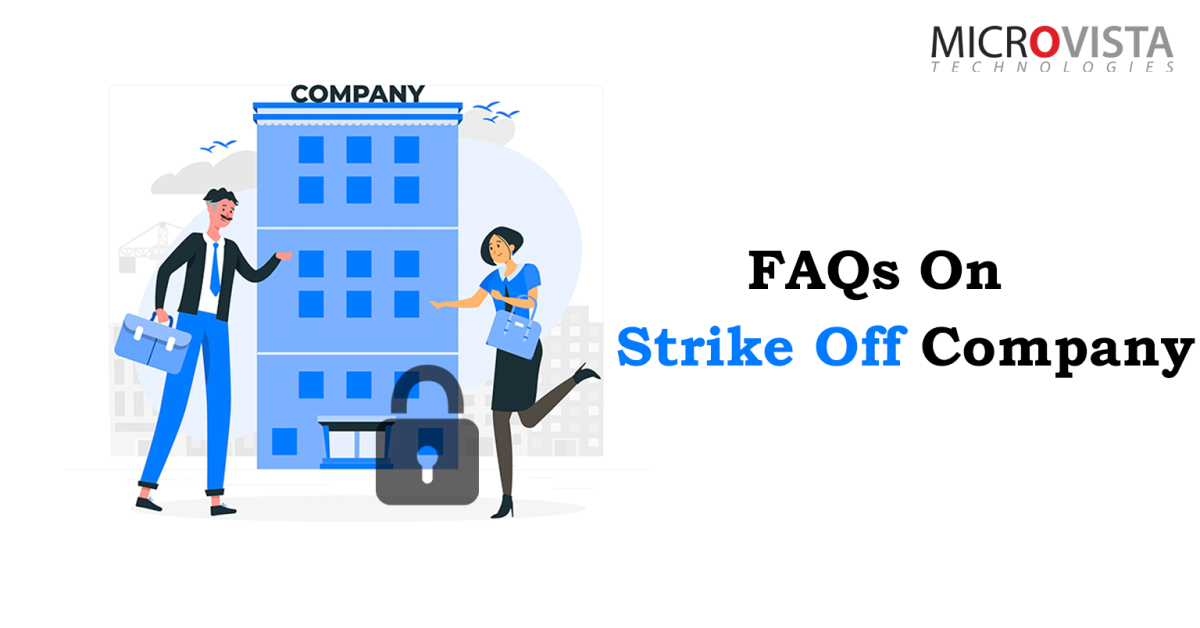A Strike Off Company is a business that has been removed from the official register of companies by the government due to it being inactive or not meeting certain legal requirements. This means that the Strike Off Company is no longer in operation and cannot carry out business activities. The process of removing a company from the register is known as “striking off” or “deregistration.”
The Most Frequently Asked Questions on Strike Off Company:
Q1: What is a Strike Off Company?
A: A Strike Off Company is a legal procedure for the discontinuation of a company’s existence. It involves removing the company from the official register of companies maintained by the relevant government authority, effectively closing down the company.
Q2: Why would a company opt for Strike Off?
A: A company may opt for Strike Off if it is no longer in business, if it has been inactive for a prolonged period, or if the owners wish to formally close the company and dissolve it.
Q3: Who can initiate the Strike Off process?
A: The Strike Off process can be initiated by the company itself, or by the relevant government authority if the company has not been in compliance with the applicable laws and regulations.
Q4: What are the steps involved in Strike Off process?
A: The steps involved in the Strike Off process may vary depending on the jurisdiction, but generally include: Filing an application for Strike Off with the relevant government authority
Publishing a notice in a local newspaper
Waiting for a specified period to allow for objections
Finalizing the Strike Off if no objections are raised
Dissolving the company and distributing any remaining assets.
Q5: What are the consequences of a Strike Off?
A: The consequences of a Strike Off include the discontinuation of the company’s legal status, loss of limited liability protection, and potential legal liabilities for the company’s directors and shareholders. The company’s assets may also be used to pay off outstanding debts.

